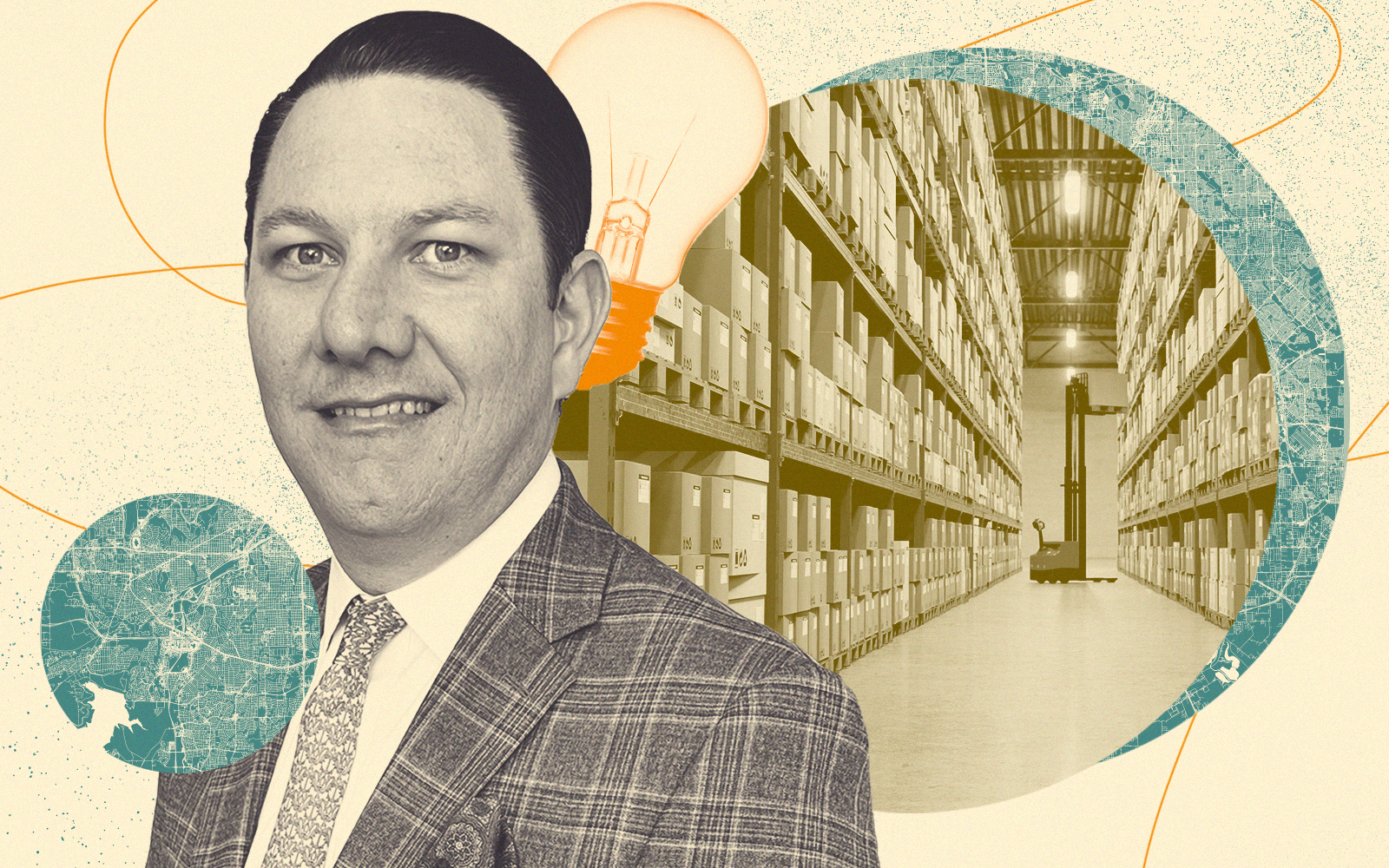This year’s industrial valuation estimates in Dallas County have skyrocketed between 53 and 70 percent over the past year, Bisnow reported, citing the Dallas Central Appraisal District, which released their estimates on April 15.
Soaring assessments left a number of landlords scratching their heads, since the industrial market has cooled considerably over the past 18 months, with supply and demand falling out of whack.
“We’ve never seen more than 25 percent increases on initial values,” KE Andrews director Tony Trahan told the outlet. “This is a complete shock to the system for all property owners and tenants — it came out of left field.”
Property tax consultants like KE Andrews and Ranger Tax Consulting are gearing up for what they anticipate to be a contentious protest and litigation season. They argue that these dramatic increases are out of sync with the market reality, citing low transaction volumes, sluggish leasing activity and rising vacancies since 2022.
Over 14 million square feet of industrial space flooded Dallas Fort Worth’s sublease market last year, according to Newmark Group. An additional 69 million square feet of DFW warehouse space was vacant at year end.
The Dallas Central Appraisal District’s valuations have been met with widespread criticism. Many view it as an attempt to hastily “mark to market” industrial properties after years of undervaluation. In other words, the move appears to be an effort to play catch-up rather than capture the true state of the market, said Jon Redmond of Altus Group.
After the pandemic wreaked havoc on DFW’s office and retail markets, the industrial sector emerged as a bright spot within the commercial real estate landscape, fueled by factors like e-commerce growth and manufacturing reshoring.
Yet, deal volumes dropped significantly last year, according to Dee Estep of CLA Dallas. The few transactions that occurred fetched top dollar, skewing DCAD’s calculations.
Critics argue that DCAD’s reliance on outdated data and failure to consider various market factors have resulted in arbitrary and unjustified increases. Romit Cheema, CEO of CanTex Capital, said he couldn’t believe the estimated 200 percent jump in value of one of its properties.
The situation could impact tenants, particularly smaller businesses. With many industrial leases structured on a triple-net basis, tenants will bear the brunt of tax hikes. That, in turn, could affect leasing decisions and economic growth in the region, the outlet said.
As property owners brace for a challenging period of protests and potential litigation, the broader implications of DCAD’s decision remain uncertain. While some tenants may be able to absorb the higher costs, others could face significant challenges, potentially leading to tenant migration and a slowdown in development.
—Quinn Donoghue
Read more



